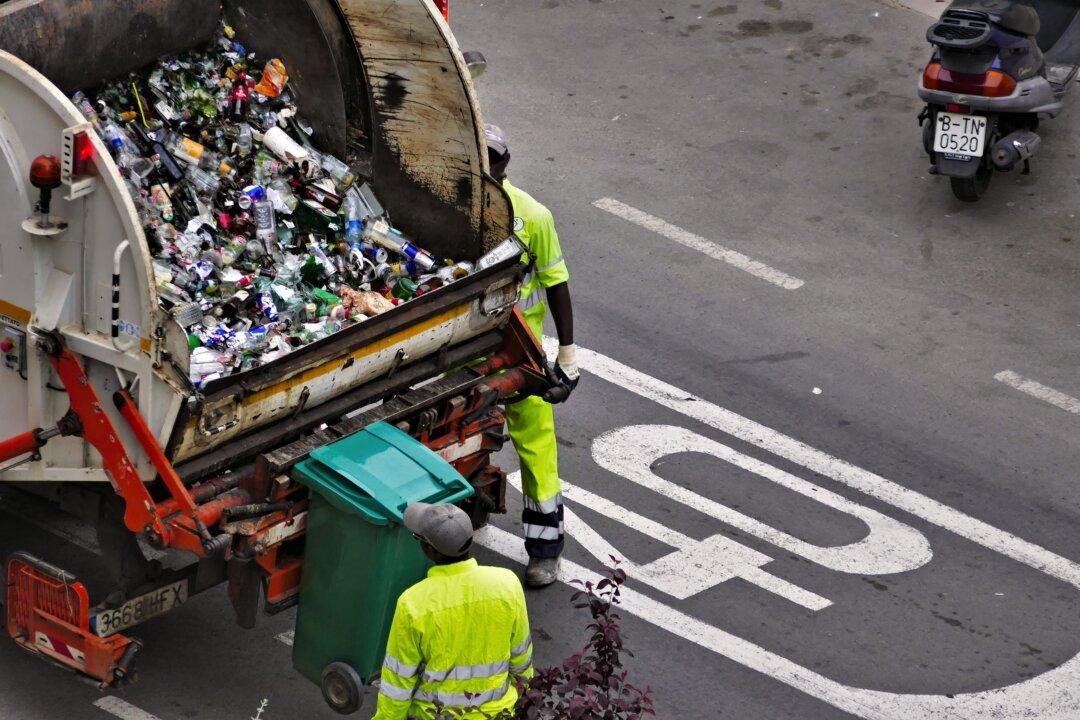Victoria has injected $20 million to fast-track regional recycling infrastructure as they work towards implementing a new four-bin system that separates household waste into rubbish, recycling, glass, and green waste.
“We are revolutionising recycling across Victoria. By separating household waste into four categories, we’re making the most of the material and making sure we reduce the amount of rubbish going to landfill,” Minister for Energy, Environment and Climate Change Lily D’Ambrosio said in a release on Feb. 16.





